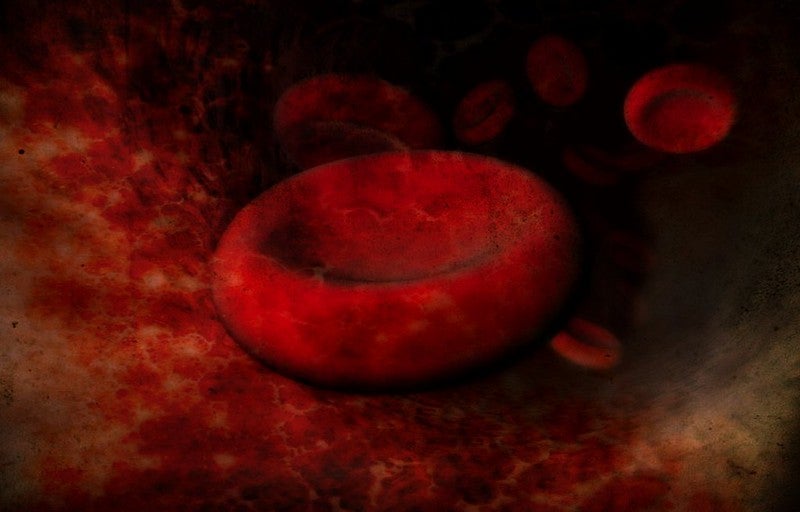
Akebia Therapeutics has reported top-line data from the Phase III PRO2TECT clinical trials of vadadustat as a treatment for anaemia associated with chronic kidney disease (CKD) in adults not on dialysis.
Vadadustat is an oral hypoxia-inducible factor prolyl hydroxylase inhibitor (HIF-PHI). PRO2TECT is the company’s second global Phase III cardiovascular outcomes programmes.

Discover B2B Marketing That Performs
Combine business intelligence and editorial excellence to reach engaged professionals across 36 leading media platforms.
Two PRO2TECT trials assessed the efficacy and safety of the drug compared to darbepoetin alfa. Both studies met the primary and key secondary efficacy endpoint, with non-inferiority (NI) to darbepoetin alfa.
The NI was determined as a mean change in haemoglobin (Hb) between baseline and the primary evaluation period of weeks 24 to 36, and secondary evaluation period of weeks 40 to 52.
However, the drug did not meet the primary safety endpoint of the PRO2TECT programme, which is non-inferiority in time to the first occurrence of major adverse cardiovascular events (MACE).
MACE is the composite of all-cause mortality, non-fatal myocardial infarction, and non-fatal stroke across the PRO2TECT trials.

US Tariffs are shifting - will you react or anticipate?
Don’t let policy changes catch you off guard. Stay proactive with real-time data and expert analysis.
By GlobalDataAkebia Therapeutics president and CEO John Butler said: “PRO2TECT delivered positive top-line efficacy results, however, the MACE result presents challenges to achieving our goal of bringing vadadustat to patients in the non-dialysis market.
“While achieving the MACE endpoint would have made our path here more straightforward, as it is in dialysis, we still believe we have a path toward approval for vadadustat in non-dialysis.”
Vadadustat was also evaluated in two global Phase III INNO2VATE trials to treat CKD-related anaemia in adults on dialysis. The company reported positive top-line data from these trials in May this year.
Next year, Akebia intends to file a new drug application (NDA) with the US Food and Drug Administration (FDA) for vadadustat as a treatment of anaemia caused by CKD in adult dialysis-dependent and non-dialysis dependent patients.
The company is also working with Otsuka Pharmaceutical to prepare a submission to the European Medicines Agency (EMA).
Last year, Akebia said that the J01 Study and J03 Study of the drug met their primary endpoints in Japanese patients with anaemia caused due to chronic kidney disease (CKD).





